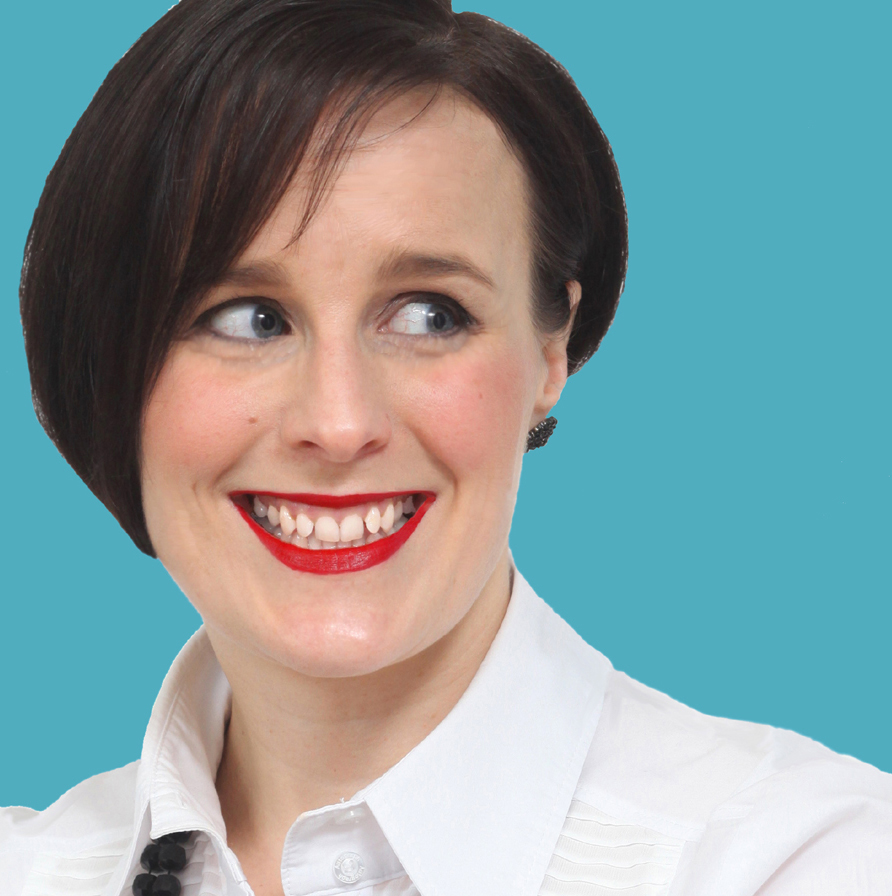Successful Coaches – Observations From An Outsider
What are the traits of successful coaches? In today’s guest post Andrew Ferdinando, who runs Hubworking, shares his thoughts.
Successful Coaches – Observations From An Outsider
By Andrew Ferdinando
Having never experienced coaching, the coaching industry was new to me when I set up my business Hubworking (www.hubworking.com) in 2006. Based in 3 locations in London we operate 3 centres where we hire out meeting rooms to business people on an hourly basis.
When launching my first centre I considered that we may get some bookings from coaches but I admit to being surprised when over time coaches became our biggest source of business.
Having now worked with the coaching world for 5 years as a service provider, I have observed hundreds of different coaches, many of whom are considered to be at the top of their profession.
As a complete outsider, I have noticed many common traits which they all exhibit and which have clearly led to their success. Below are my thoughts on what makes a successful coach, simply based on these observations:
Niche yourself:
Whatever form of coaching, the more successful of my clients seem to have cut out a niche in their particular field. In some cases they are even specialists within an already narrow field. A good example would be the area of presentation coaching where I have seen several highly regarded voice coaches who work with their clients on how to project their voices and “perform” in front of an audience. Each coach offers something unique to the next and advertises themselves as such so that the client appreciates they are hiring an absolute specialist.
Marketing:
My clients all have a good understanding of how to market themselves. For the micro business, which coaches tend to be, this involves networking, writing industry specific articles, creating a good website, blogging regularly and using social networking tools such as Twitter and Facebook to grow their brand virally and indeed stay in touch with their clients and future clients.
Consistent customer acquisition/customer retention
It’s clear that the high level coaches have a strong mix of regular clients and new clients which I guess is down to strong marketing and a top class service.
Product range (1 to 1’s and workshops)
The majority of rooms that my clients book with me are 1 to 1 coaching rooms. However, there is a trend that they will also book a larger room for workshops around once per quarter. It’s obvious to me that they have a core coaching product which sits alongside a public training course which they will run on an irregular basis.
Customer mix:
Speaking to my clients they seem to have a good mix of customers including small businesses, government bodies, charities and corporates.
My name is my brand
At Hubworking I work very hard to build the brand of my business. In some respects, I avoid being seen as the person behind the business. For a company like mine, this is important because for us it is the systems, quality of service and locations which my brand needs to represent. With coaches it is the complete opposite. As a specialist coach it is all about building up a brand around your name and what you represent so that your name becomes synonymous with what you do. A good example is one of my clients Alan Stevens who is known to many as “Alan Stevens – Media Coach”.
Strong network of associates
It’s amazing how small the world of coaching is. Over the years I have seen many referrals from my existing coaching clients. It is a close knit industry and this becomes very helpful when a big piece of work comes in that requires more than 1 coach. The ability to call upon top level, trusted associates is gold and something I have seen on many occasions.
If you ever need to hire at coaching room in London, please do get in touch – an****@********ng.net
About the Author/Further Resources
Andrew Ferdinando runs Hubworking, a chain of 3 business centres in central London which hires out low cost, flexible meeting space to small businesses and specifically the coaching community.
For more info, visit www.hubworking.com or contact Andrew directly at an****@********ng.net or 07985 914034.
 With a career including 15 years in the strategic PR and communications, Jennifer knows a thing or two about promoting a personal brand – she did it every time she picked up the phone to a journalist. The result? She stood out from the ‘press office crowd’ and got her stories on the front page as well as national TV.
With a career including 15 years in the strategic PR and communications, Jennifer knows a thing or two about promoting a personal brand – she did it every time she picked up the phone to a journalist. The result? She stood out from the ‘press office crowd’ and got her stories on the front page as well as national TV.